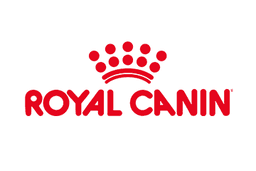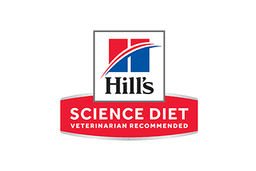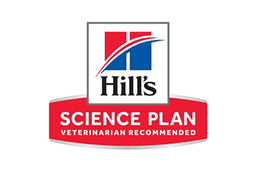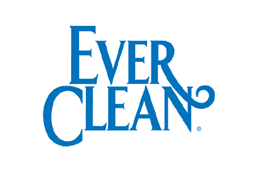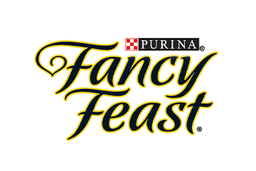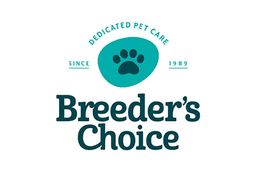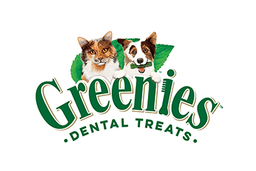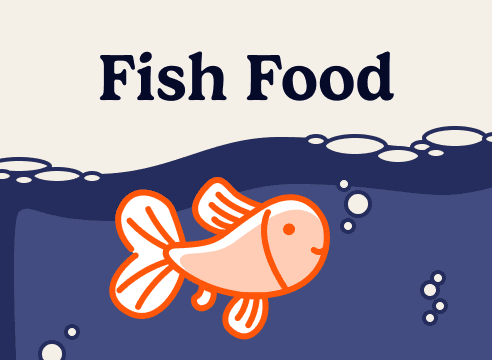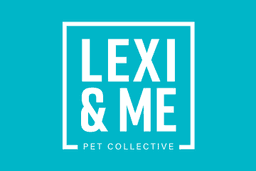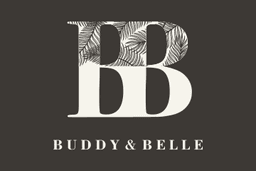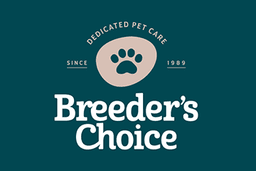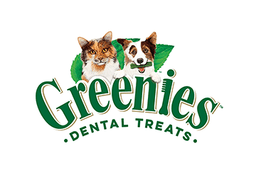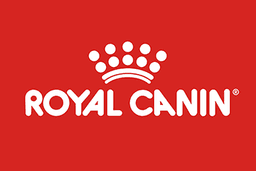Have you ever wondered if dogs can eat cheese? Most dogs enjoy cheese, and will happily eat it if you offer it to them.
However, it pays to be a bit cautious, because some types of cheese are not good for your dog, and too much can cause health issues!
Let’s look how often your dog should eat cheese, the benefits, the best cheese for dogs and some types of cheese that should be avoided.
How often can dogs eat cheese?
So is cheese good for dogs? Cheese offers lots of nutrients, including protein, calcium, essential fatty acids, vitamin A, and B-complex vitamins.
But as a concentrated milk product, cheese can often be high in fat. Feeding your dog too much fat can cause obesity, which can lead to a raft of other issues. Many cheeses are also high in salt.
So, while some cheese can be okay for dogs, it should be seen as an occasional treat, now and then, rather than a staple part of your dog's diet.
The benefits of feeding your dog cheese
Dogs generally love the taste, so it can be a useful training tool. Knowing they’ll get a nibble of a favourite treat can often motivate them to learn more quickly!
Cheese can also be used to disguise medications, particularly if your dog isn't keen on swallowing tablets. Bear in mind though that some antibiotics should not be accompanied by dairy foods. In those cases, another treat like peanut butter would be more appropriate. Talk to your vet to find out more.
What are the best types of cheese to feed your dog?
If you plan to feed your dog cheese, it's important to know that the harder the cheese, the higher the fat and salt content.
According to the American Kennel Club, cottage cheese, ricotta, goat's cheese and fresh mozzarella are good low-fat options. An added bonus with cottage cheese is that it’s lower in lactose, which reduces the chance of gastric upsets.
Which cheeses are bad for dogs?
When feeding your dog cheese, moderation is key - too much cheese of any kind can cause health issues.
However, there are some cheeses that can pose a particular risk to dogs, including:
Blue cheese and other ‘ripe’ or mould cheeses, such as stilton and roqueforte
The mould in these cheeses can be toxic to dogs. If your dog does eat some by accident, keep a close eye on them for diarrhoea, vomiting or seizures, and call your vet if any of these occur.
Feta and haloumi
While lower in fat that many other cheeses, both of these are extremely salty.
Brie, camembert, and other washed rind cheeses
These cheeses are made from milk and cream, so are very high in fat. The washed rind varieties include the brine in which they’re washed, adding to the salt content.
Cheese with additions
Many soft cheeses, such as cream cheese and various goat cheeses, have additional ingredients like dried fruit, chives, garlic, chilli, and other foods that can be toxic for dogs.
What are the risks of dogs eating too much cheese?
The two main issues with cheese are the fat and salt content.
Too much fat in your dog’s diet can cause obesity, which can create a range of other health issues. These include strain on joints, leading to arthritis, particularly later in life. The American Kennel Club warns that cheese can cause pancreatitis in dogs, particularly in breeds like cocker spaniels that are already prone to the condition. High quantities of salt in a dog’s diet are a factor in both kidney and heart disease, which are serious and potentially deadly conditions.
Too much cheese can also lead to gastric upsets, so maybe don’t share your macaroni cheese with your dog!
Are dogs lactose intolerant?
Dogs naturally have very little of the enzyme ‘lactase’ in their systems, and it’s that enzyme that helps break down the lactose in cheese. While cheese generally has less lactose than milk, some dogs may still be more sensitive to lactose than others.
To see if your dog can tolerate cheese, try feeding them a small amount of a safe cheese – then wait and observe for the next 24 hours. If you don’t see any change to their toileting, and if there is no vomiting, it should be safe to feed them small quantities of cheese occasionally.
Frequently asked questions
Are dogs allergic to cheese?
Not exactly. It’s more that some dogs may be sensitive to the lactose in cheese.
Are dog lactose intolerant?
Dogs do find it difficult to break down lactose in their food. Some dogs may be more sensitive than others.
Can cheese cause constipation in dogs?
Cheese is more likely to cause diarrhoea than constipation, as well as a host of other digestive issues.
Can diabetic dogs eat cheese?
One of the issues for diabetic dogs is fat, as they are more prone to pancreatitis, so if you’re going to give a diabetic dog cheese, low fat cottage cheese very occasionally might be the best option.
Final tips to feeding cheese to your dog safely
Ultimately there are two main things to remember when feeding your dog cheese. Make sure you only feed low fat and low salt cheese to your dog. And make cheese an occasional treat, not an everyday food!





